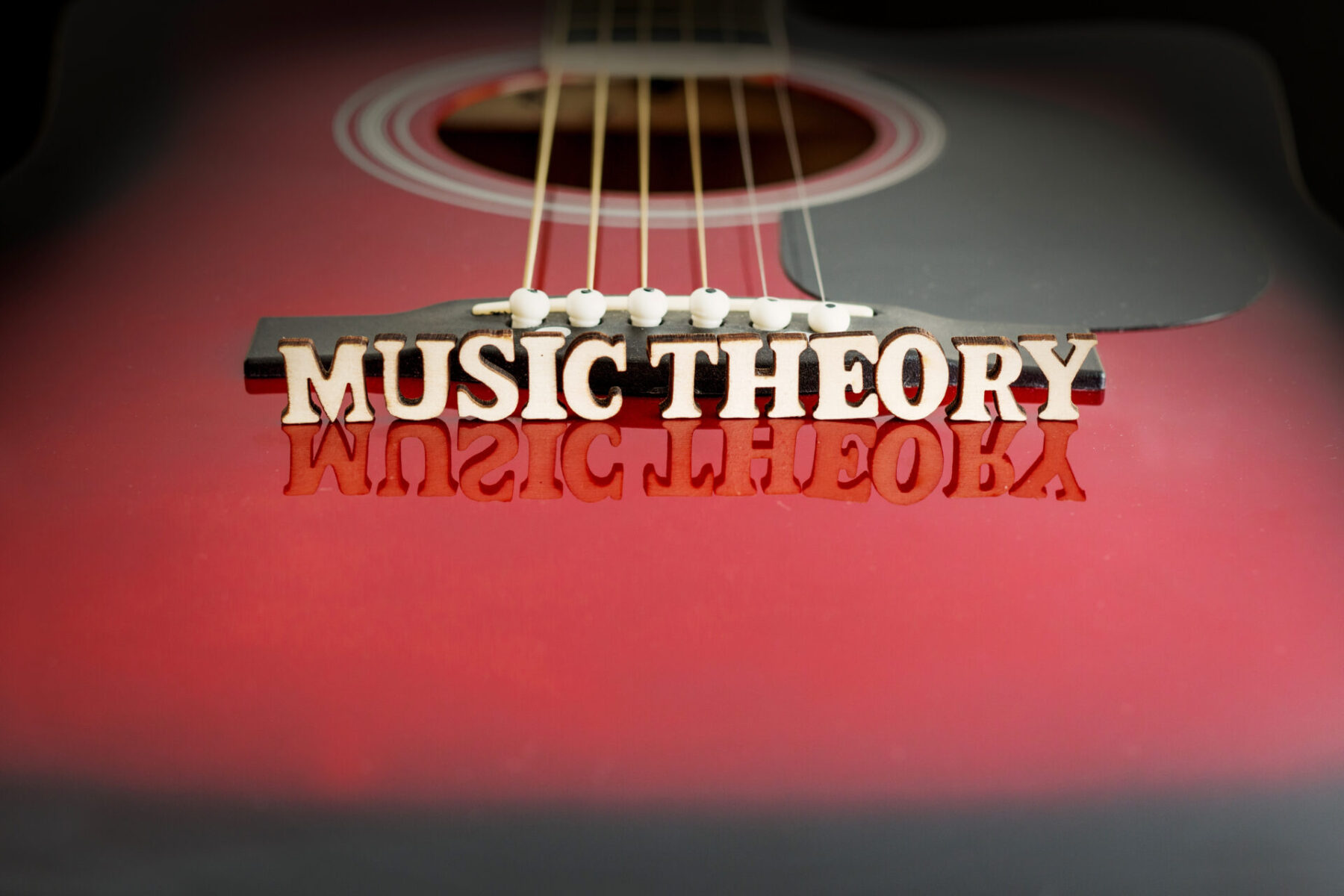BY: STEVE LIPMAN
In my many years of teaching in elementary, high school, and in college, I found it best to explain to students they must learn — even master — music theory in three ways: in your head, on music manuscript paper, and on a melodic chordal instrument. Only then can you feel comfortable and say you really know and understand the areas of basic music theory. That means that you must understand and grasp these concepts intellectually, be able to read them and write them down on music paper, and finally recognize them when you hear them played.

Music Theory Placement Exam
Knowledge of the following music theory topics is usually not required to be accepted to a music program in a conservatory or university music department, and they are rarely part of the application/audition process. However, your familiarity with and command of this material will likely be tested in placement exams during your first week of college. You are placed in first-semester classes (Theory, Harmony, maybe Composition) based on your demonstrated ability to work with these fundamental music concepts.
If you illustrate a working knowledge of these subjects, you will likely be “advanced placed” (with credit) into a higher level. If not, you will likely be placed in a Level I or possibly a remedial level course covering these areas. In my experience, it’s better to be well-prepared and surrounded by more advanced students in your classes than to struggle through first-semester music theory fundamentals.
Concepts Music Majors Need to Know About Beginner Music Theory
Here are my personal recommendations for what music theory topics you should know before heading off to college:
Read music in both treble and bass clef fluently.
Know your key signatures in order (up to 7 sharps and 7 flats): Circle of 5ths and Circle of 4ths. Know the order of the keys themselves and the correct order of the accidentals in each key. Start with C major (no sharps or flats), then progress around the circle of 5th for sharp keys and circle of 4ths for flat keys.
Major scales: Know how to construct all 15 major scales (7 sharp scales, 7 flat scales, beginning with the key of C).
Intervals: Be able to construct in your head, on music paper, and on an instrument – all major, minor, and perfect intervals on top of/above any note. (2nds; 3rds, 4ths, 5ths, 6ths, 7ths, 8ves).
Triads: Know all 4 types of triads (major, minor, augmented, diminished), and their scale-wise formula (1-3-5), and be able to construct them above any root note.
Seventh chords: Just as with triads, learn the different 7th chords and their formulas (maj7th, min7th, dominant 7th, diminished 7th, and half-diminished or sometimes known as min7th,b5).
The above basic music theory topics are the essentials for understanding your music theory/harmony course. If you know these topics – like you know your home address – you can advance to:
- All three forms of minor scales/modes.
- Transpositions (of the various instrumental groups and individual instruments).
- Analyzing chord progressions (classical Bach Chorales and pop/jazz Lead Sheets). They are each analyzed and notated differently.
- Orchestration/Arranging.
- Species Counterpoint.
- Beginning to compose your own music.
Student Resources and Courses for Beginner Music Theory
These days there are many ways in which you can study and learn this material. The important thing is that you learn this material thoroughly – be tested on it – and have a total grasp and command of these basic fundamentals of your craft.
Private Tutoring or Online Music Theory Courses
Students can do private tutoring in music theory or incorporate music theory training in their private lessons. You can also study theory books or YouTube videos. Whether you’re a beginner or brushing up to prepare for college, there are a range of online music theory courses that meet almost every student’s needs. If you want to work at your own pace, work around your busy schedule, or even earn a certificate, there are options for that! Many free courses are available, and others are offered at a reasonable fee. Below are a few options to consider, but this is certainly not an exhaustive list. All it takes is a little research on the internet to find the right online music theory study course option for your individual needs.
Interlochen Online
Coursera
EdX
MyMusicTheory
Expert Guidance from the Pioneers in College Music Admissions Consulting
In conclusion, mastering beginner music theory is a crucial step in preparing for a successful college music experience. The concepts you learn now will not only help you excel in placement exams but also provide a solid foundation for more advanced musical studies. With a thorough understanding of these fundamentals, you’ll be ready to engage in higher-level courses and collaborate with fellow musicians confidently. For those navigating the complex college admissions process, Inside Music Schools is here to provide expert guidance. From selecting the right program to preparing for auditions, our tailored services ensure you put your best foot forward. Start your journey by learning more about our college admissions consulting and contact us today! Set yourself up for success in music school and beyond!
Founder & President at Inside Music Schools | Insidemusicschools.com
Head of admissions and faculty member at Berklee College of Music for 40 years, Steve Lipman and our team at Inside Music Schools speak music as their primary language. We approach each client contact with open eyes, ears, and minds. As the country’s premier music school consultant, he has advised students from the United States, Canada, the U.K., India, Singapore, Dubai, China, Australia, Turkey, Colombia, Argentina, Brazil, Japan, Israel, Italy, Russia and elsewhere.

